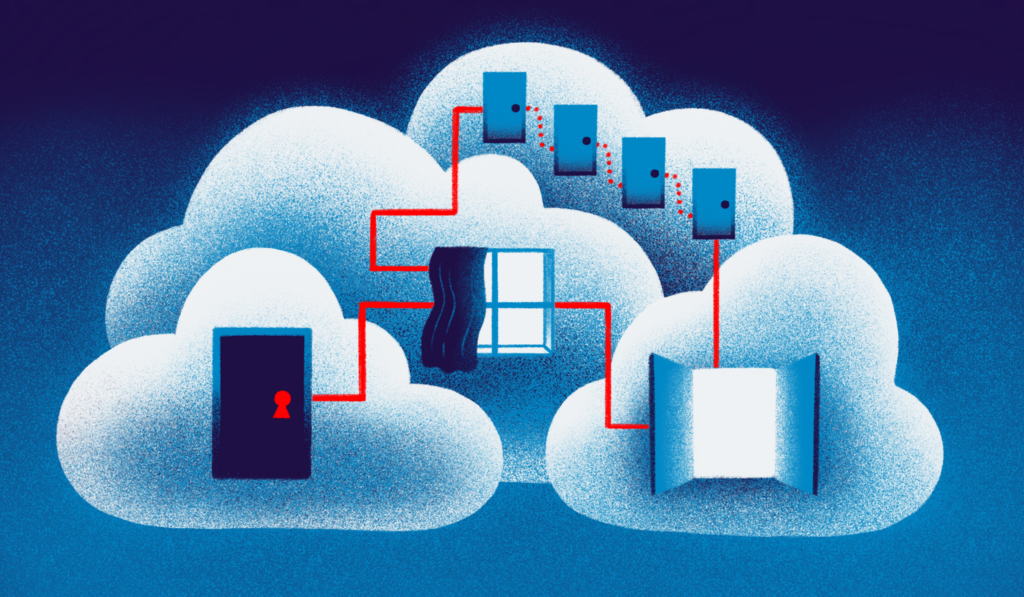Transform Your IT Framework With Universal Cloud Services
In today's swiftly evolving electronic landscape, the shift in the direction of global cloud services has actually ended up being a strategic vital for companies looking to enhance their IT facilities. By checking out the nuanced ways in which universal cloud solutions can be customized and incorporated, organizations can really unlock their full possibility in achieving electronic transformation and affordable benefit in the market.
Advantages of Universal Cloud Provider
Accepting universal cloud services uses services a myriad of benefits that improve procedures and boost scalability in today's dynamic electronic landscape. One vital benefit is cost-efficiency, as cloud services remove the requirement for in advance financial investments in equipment and infrastructure. This pay-as-you-go model permits organizations to range sources up or down based upon their demands, optimizing spending and reducing total IT costs. In addition, cloud services offer versatility and ease of access, allowing workers to access information and applications from anywhere with a net connection. This not just enhances cooperation and productivity yet likewise supports remote work arrangements, which have become progressively widespread in the modern-day organization globe.
Additionally, global cloud services provide better protection measures, with information security, normal backups, and integrated catastrophe recovery systems. This ensures that business-critical information is protected from possible threats and violations. In addition, cloud services allow automated updates and maintenance, minimizing the concern on internal IT teams and guaranteeing that systems are constantly updated and running smoothly. linkdaddy universal cloud storage. Overall, welcoming universal cloud solutions can result in enhanced performance, dexterity, and competitiveness for companies in today's electronic age.
Movement to Cloud Infrastructure
Migrating to cloud framework deals numerous advantages, including scalability, cost-efficiency, and increased dexterity. Cloud services remove the demand for significant ahead of time investments in physical equipment, reducing capital expenditures and permitting organizations to pay only for the resources they utilize.
An additional advantage of migrating to shadow facilities is the boosted dexterity it supplies. Cloud platforms use fast implementation of solutions and applications, enabling services to adapt promptly to market adjustments and remain ahead of rivals. Additionally, the cloud facilitates remote access to applications and data, fostering collaboration amongst geographically dispersed teams.
Enhancing Data Security Steps

One vital facet of improving information protection is implementing multi-factor authentication (MFA) to add an added layer of security past passwords. MFA needs customers to offer 2 or even more confirmation factors, such as a password and a special code sent to their smart phone, prior to accessing delicate information. This dramatically reduces the risk of unapproved access, also if passwords are compromised.
Additionally, organizations need to consistently conduct safety and security audits and susceptability analyses to identify and address prospective weak points in their data safety and security facilities - click this link universal cloud read here storage press release. By remaining proactive and constantly enhancing information protection measures, organizations can efficiently reduce risks and guard their valuable info properties in a progressively electronic globe
Implementing Cloud-Based Applications
In adjusting to modern technical advancements, organizations are increasingly leveraging cloud-based applications to maximize their procedures and boost performance. Cloud-based applications supply a variety of benefits, including adaptability, scalability, and cost-effectiveness. By executing cloud-based applications, organizations can simplify processes, improve collaboration among teams, and enhance general productivity.

Additionally, implementing cloud-based applications can lead to much better information administration and protection. These applications commonly have integrated security features and supply information encryption to secure sensitive info. This can assist organizations follow information protection guidelines and alleviate the risk of data violations. On the whole, embracing cloud-based applications can reinvent just how companies operate, driving advancement and competition in today's digital landscape.
Optimizing Cost-Efficiency
To achieve ideal cost-efficiency in leveraging cloud-based applications, organizations need to purposefully examine their resource allocation and usage. One vital approach for taking full advantage of cost-efficiency is to adopt a pay-as-you-go model, where companies just pay for the sources and services they use. This versatility permits expense financial savings by eliminating the demand to buy pricey facilities that may not be fully used.
Normal surveillance and optimization of cloud resources are important for identifying locations where cost-savings can be accomplished. By analyzing usage patterns and performance metrics, organizations can make educated choices about source allocation and further simplify their procedures to optimize cost-efficiency in the cloud.
Verdict
In conclusion, universal cloud solutions use various advantages such as cost-efficiency, flexibility, improved protection actions, and automated updates. Moving to cloud infrastructure makes it possible for organizations to utilize agility, cost-efficiency, and scalability to remain competitive.
Additionally, cloud solutions offer flexibility and accessibility, making it possible for employees to gain access to data and applications from anywhere with a net link.Furthermore, global cloud services supply better protection actions, with information security, regular backups, and built-in calamity healing devices. Cloud systems supply fast implementation of applications and services, allowing organizations to adjust swiftly to market changes and remain ahead of competitors. Furthermore, the cloud promotes remote access to information and applications, fostering collaboration among geographically distributed groups.
In verdict, global cloud services use numerous benefits such as cost-efficiency, versatility, boosted safety actions, and this article automated updates.